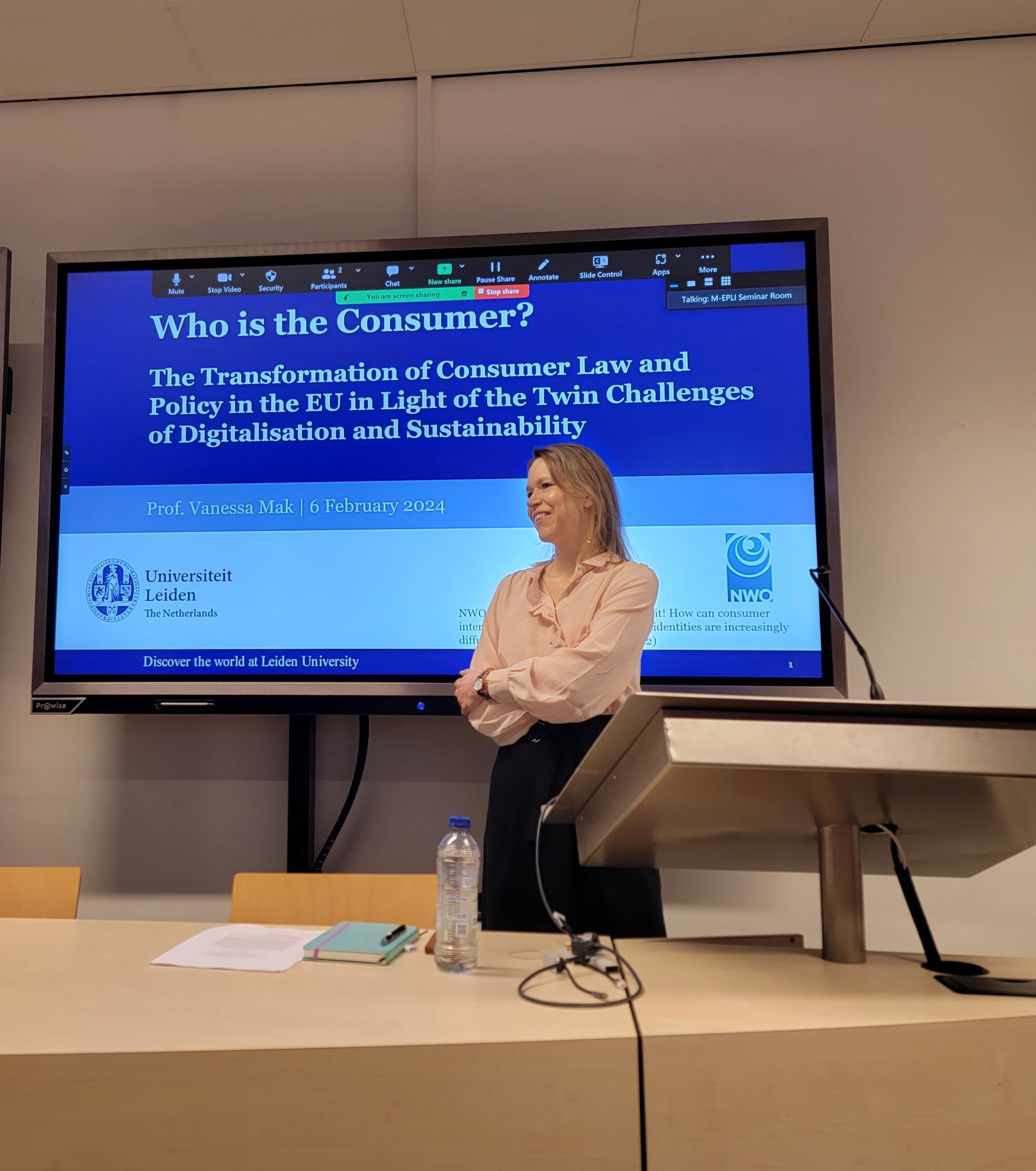The Climate Change Conference in Doha: Aiming for an International Solution is not Always Better

Effective solutions do not have to be taken by consensus, but can also come about by one or more courageous states acting unilaterally.
In the last two weeks more than 17.000 delegates gathered in Doha (Quatar) for the 18th round of the Climate Change Conference. As in previous years, expectations are low that any enforceable agreement will be reached today to reduce greenhouse gas emissions. National interests are too far apart. This calls into question whether it is useful at all to organise such a huge conference – in itself a considerable burden on the environment because of the high number of participants. The implicit presumption apparently is that the only real solution for the emission of carbon emissions would lie in the conclusion of an international treaty. However, international law is highly political and not very often able to effectively fight cross-border problems.
An alternative for – or at least a complement to – international cooperation is therefore to put the initiative much more with individual countries. This has as an additional advantage that countries can no longer hide behind other countries by using the argument that if others do not want to proceed they can not be expected to try their best. In a recent contribution to Dutch newspaper NRC Handelsblad economist Richard Tol for example argues that individual states could introduce a carbon tax. The classical argument against this type of unilateral measures is that a country would be driven out of the market: companies that do not like stringent measures will leave the country and set up shop some place else. However, research shows that the introduction of more stringent environmental measures can also have a positive effect: other countries may be willing to voluntarily take over similar measures and companies could be willing to move to the country that at face value is not the most profitable. The American academic David Vogel has spoken of the California effect. A possible explanation for this phenomenon is that States and companies may wish to associate themselves with progressive and environment-friendly measures. It would be good if the delegates in Doha realise this: effective solutions do not have to be taken by consensus, but can also come about by one or more courageous states acting unilaterally.
Other blogs:
Also read
-
Every time consumers use online email, stream music or videos or archive pictures on the internet, it is quite likely that they are using cloud computing. Those online pictures, videos or emails are not stored on consumer’s computers. Instead, they are processed and stored on a group of remotely...
-
M-EPLI was delighted to have Professor Vanessa Mak in Maastricht to discuss her research on consumer law and policy at the M-EPLI Talk on February 6th.
-
The pain and suffering of accident victims does not have a price and, in claims for damages, no fixed economic value. Thus, quantifying the amount of money needed to compensate for pain and suffering is a subjective exercise often influenced by adjudicators’ biases.



